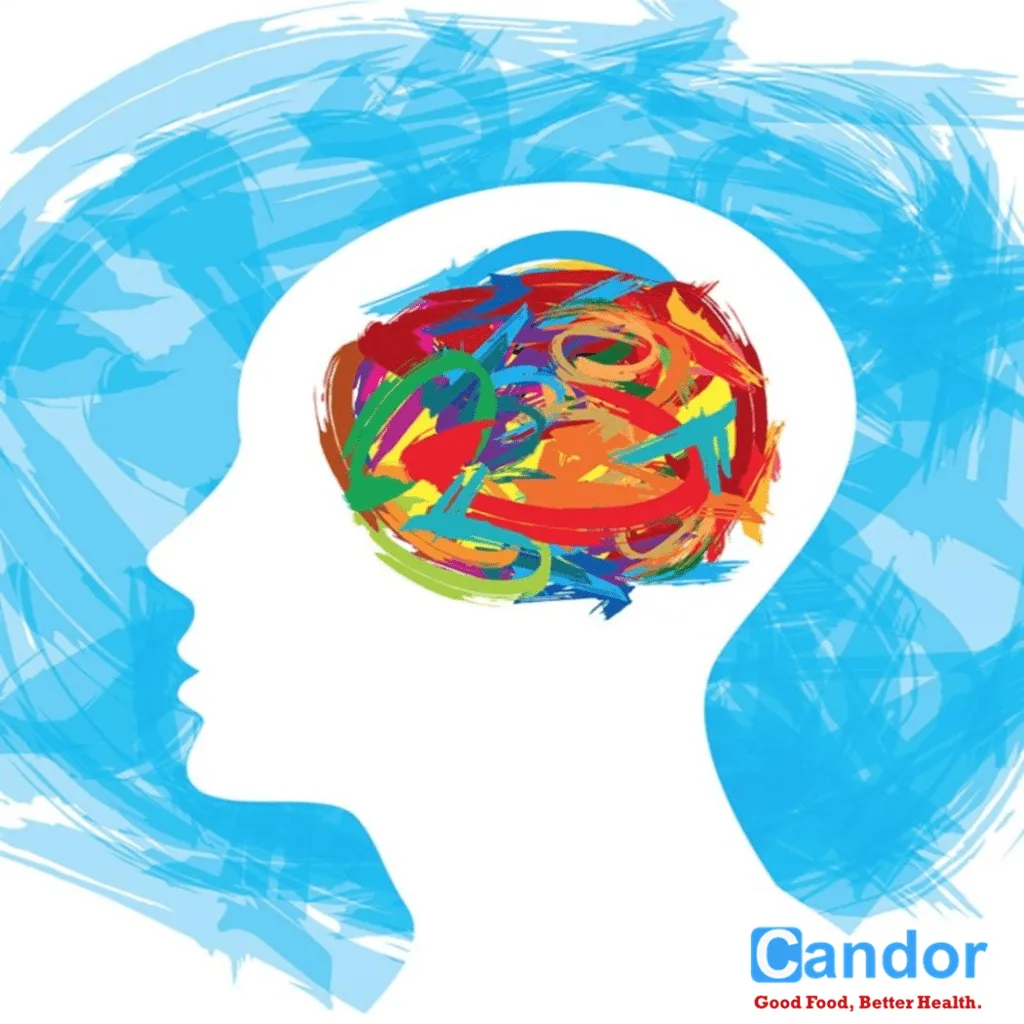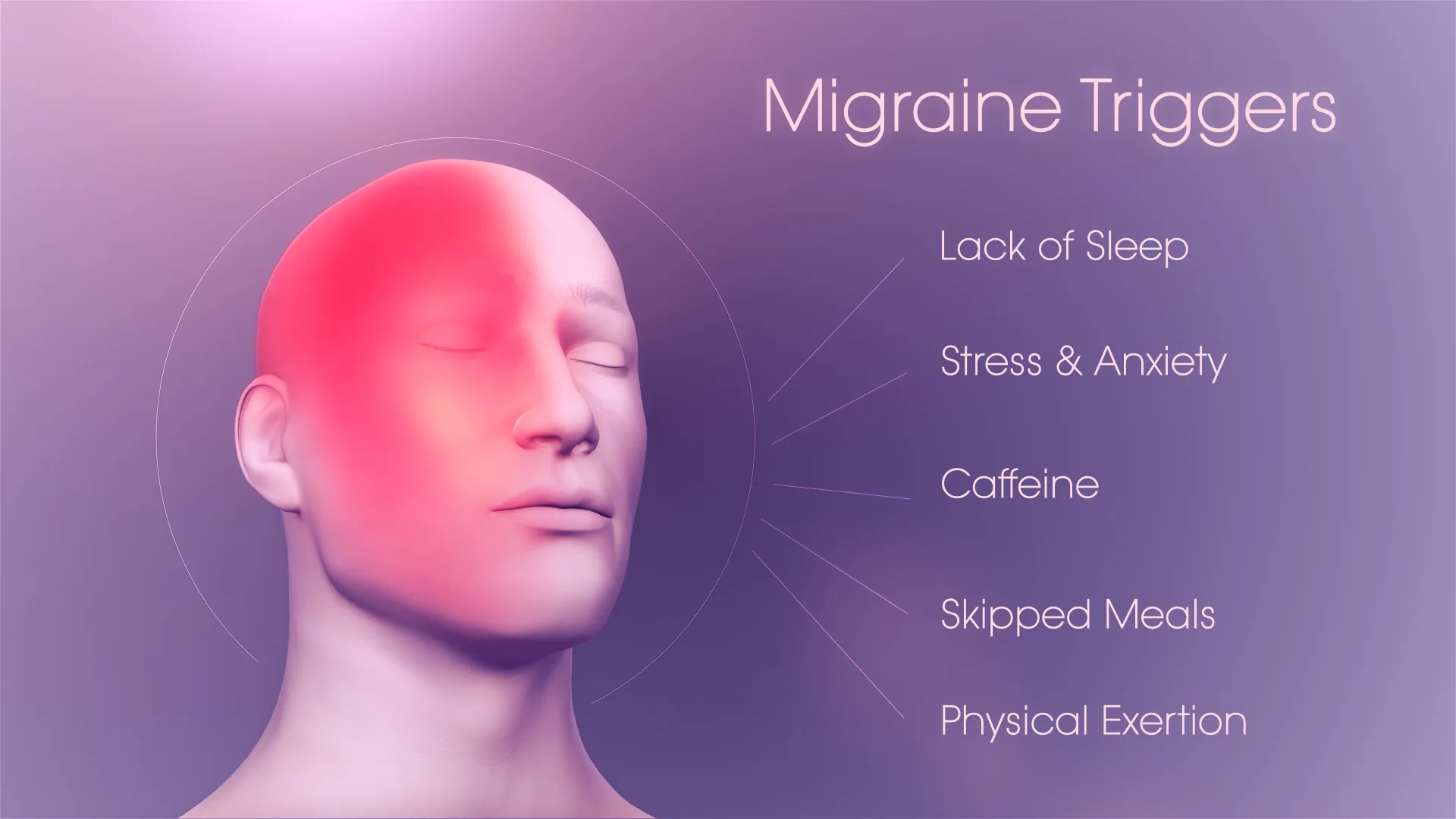
Living with diabetes is not just about managing blood sugar levels; it also involves navigating the complex psychological impact of diabetes. Patients’ perceptions, emotions, and coping mechanisms play a significant role in their diabetes journey. Let’s delve into the various psychological reactions commonly seen in patients with diabetes and explore strategies to address them effectively.
Denial: Denial is a natural response to a challenging diagnosis like diabetes. Some patients may initially refuse to accept their condition, leading to avoidance of self-care routines and long-term complications monitoring. Lack of significant symptoms in the early stages of Type 2 Diabetes Mellitus (T2DM) can contribute to this denial phase.
Anger: The diagnosis of diabetes can evoke feelings of anger, resentment, and frustration. Patients may struggle to come to terms with why they developed diabetes, which can interfere with their ability to cope effectively and worsen their overall well-being.
Guilt: Feelings of guilt, whether realistic or unrealistic, are common among individuals with diabetes. Questions about personal responsibility, self-blame, and concerns about making positive changes often arise during this phase.
Sorrow/Depression: Sadness, loss, and depression can accompany the challenges of managing diabetes. Symptoms such as fatigue, changes in appetite, and disinterest in daily activities may indicate a deeper emotional struggle that requires professional counseling and support.
Acceptance: Over time, many patients transition to a phase of acceptance where they acknowledge their diabetes and integrate self-care practices into their lifestyle. Patience, education, and support from healthcare providers and loved ones are crucial during this phase.
Understanding the psychological impact of diabetes is crucial for providing comprehensive care. By addressing patients’ emotional reactions, supporting family dynamics, and fostering open communication with healthcare providers, we can enhance diabetes management and improve patients’ quality of life.
Understanding Diabetes Distress: Diabetes distress (DD) encompasses the emotional burden and worries associated with managing diabetes. Patients, family members, and healthcare providers all play a role in addressing and managing DD effectively.
Patients’ Challenges:
- Feeling overwhelmed by self-management demands
- Experiencing frustration, fatigue, anger, and mood swings
- Struggling to adhere to complex treatment routines
Family and Friends’ Role:
- Understanding and empathizing with the patient’s emotions
- Avoiding food-related conflicts and supporting healthy eating habits
- Encouraging open communication and providing a supportive environment
Caregivers/Physicians’ Perspective:
- Recognizing the impact of fear and anxiety on treatment adherence
- Avoiding labeling patients as noncompliant and focusing on personalized care
- Addressing patients’ phobias and fears related to insulin therapy and hypoglycemia
Phobia Reactions:
- Fear of needles/injections and insulin initiation can lead to nonadherence
- Anxiety and fear of hypoglycemia can impact monitoring and insulin dosing
- Addressing psychological barriers is essential for effective diabetes management and overall well-being.
Navigating the Complex Relationship Between Diabetes and Psychological Disorders
Living with diabetes isn’t just about managing blood sugar levels; it involves navigating the intricate relationship between diabetes and various psychiatric conditions. Let’s delve deeper into how these conditions influence each other and the impact they have on individuals’ overall well-being.
Understanding the Bidirectional Association: Diabetes and psychiatric disorders share a bidirectional association, influencing each other in multiple ways and different patterns. This association can manifest in several ways: as independent conditions with parallel pathogenic pathways, as one condition emerging during the course of the other, or even as a side effect of medication used to treat either diabetes or psychiatric disorders. These complexities contribute to a range of psychological symptoms and challenges that impact the lives of individuals dealing with these conditions.
Depression and Anxiety: Among the various psychiatric disorders, depression and anxiety stand out as common companions of diabetes. Depression, in particular, is prevalent among patients with diabetes, with an estimated 41% experiencing poor psychological well-being and elevated rates of depression and anxiety disorders. This can significantly affect their ability to cope with the demands of diabetes management and lead to a poorer quality of life.
The Impact of Depression on Diabetes: Depression isn’t just a psychological burden; it also has tangible effects on diabetes management. Studies have shown that individuals with type 2 diabetes have a 24% higher risk of developing depression. This co-occurrence of depression and diabetes requires careful attention and management, as it can exacerbate the challenges associated with both conditions.
Anxiety in Diabetes Patients: Anxiety is another common psychological disorder observed in patients with diabetes. Evidence suggests that a significant percentage of diabetes patients experience generalized anxiety disorder, sub-syndromal anxiety disorder, or elevated anxiety symptoms. Managing anxiety alongside diabetes is crucial for improving overall well-being and treatment outcomes.
Other Psychiatric Disorders in Diabetes: Beyond depression and anxiety, diabetes can be associated with a range of other psychiatric disorders. Delirium, often linked to episodes of hypoglycemia or diabetic ketoacidosis, can lead to increased hospital stays and cognitive decline. Eating disorders are also prevalent among diabetes patients, impacting glycemic control and increasing the risk of complications.
Exploring the Relationship Between Diabetes and Schizophrenia: The association between schizophrenia and diabetes is notable, with a significant percentage of patients developing diabetes or prediabetes during psychiatric treatment. Monitoring glucose levels and addressing the unique needs of individuals with both conditions is essential for holistic care.
Insulin Resistance and Affective Disorders: Insulin resistance may serve as a link between affective disorders like depression and conditions such as Alzheimer’s disease. Fluctuating glucose levels due to dysglycemia can lead to neuronal apoptosis and neurofibrillary tangles, contributing to the development of Alzheimer’s disease.
Comprehensive Management for Better Outcomes: The complex relationship between diabetes and psychiatric disorders underscores the importance of holistic healthcare approaches. Comprehensive management that addresses both physical and mental health needs is essential for improving outcomes and enhancing patients’ overall quality of life. This includes personalized treatment plans, lifestyle interventions, psychotherapy, and close monitoring of medication effects.
Navigating diabetes alongside psychological disorders requires a nuanced understanding of their interconnectedness. By recognizing and addressing the psychological impact of diabetes, healthcare providers can better support individuals in managing their condition effectively and improving their overall well-being. Holistic care that integrates physical and mental health interventions is key to optimizing outcomes for patients dealing with these complex health challenges.
References:
- Kalra S, Sridhar GR, Balhara YP, Sahay RK, Bantwal G, Baruah MP, et al. (2013). “National recommendations: Psychosocial management of diabetes in India”. Indian Journal of Endocrinology and Metabolism.
- Holt RI, Kalra S. (2013). “A new DAWN: Improving the psychosocial management of diabetes”. Indian Journal of Endocrinology and Metabolism.
- Goldney RD, Phillips PJ, Fisher LJ, Wilson DH. (2004). “Diabetes, depression, and quality of life: A population study”. Diabetes Care.
- Schram MT, Baan CA, Pouwer F. (2009). “Depression and quality of life in patients with diabetes: A systematic review from the European depression in diabetes (EDID) research consortium”. Current Diabetes Reviews.





























